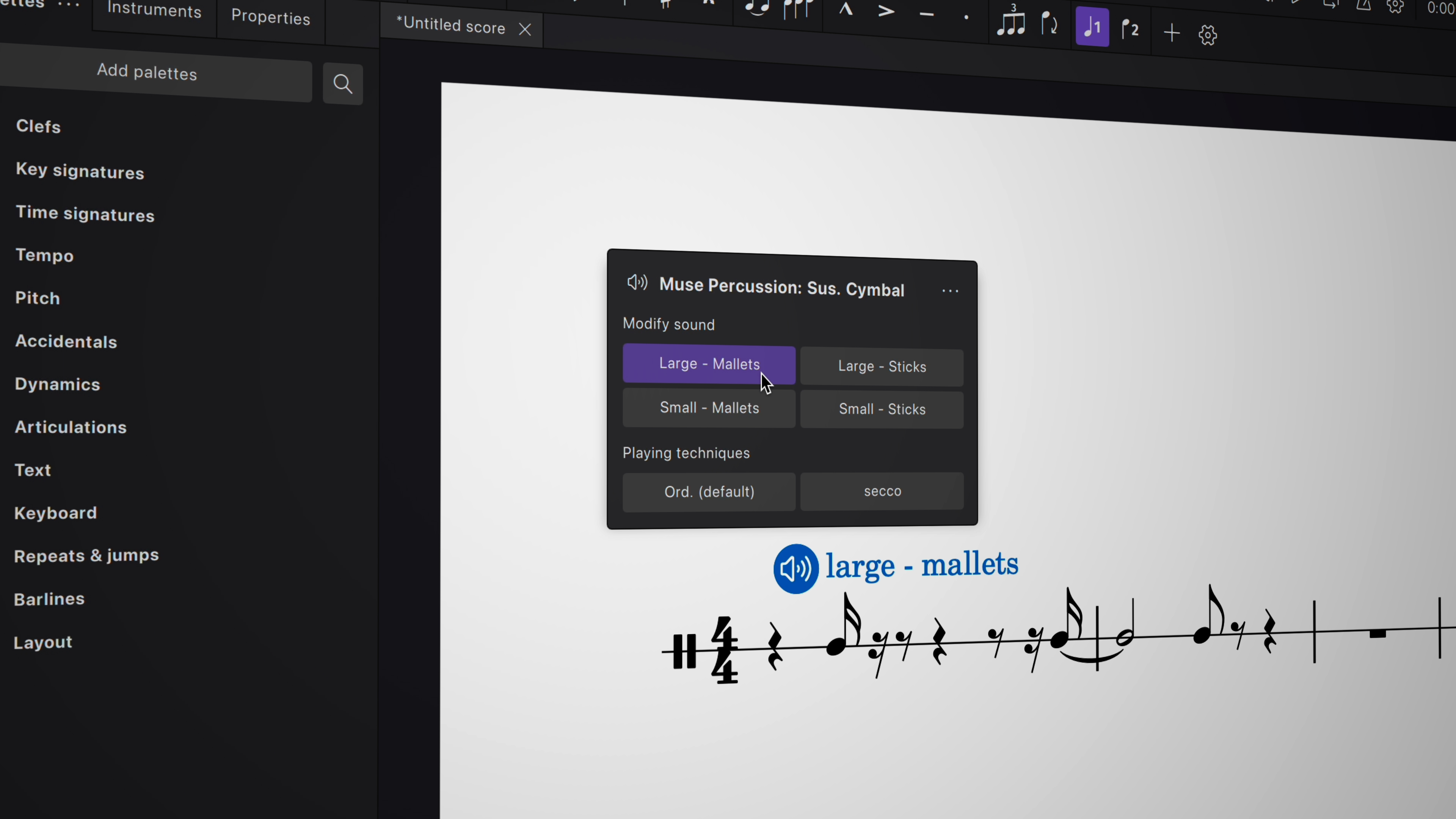
Hacking third-party APIs on the JVM
The JVM ecosystem is mature and offers plenty of libraries, so you don’t need to reinvent the wheel. Basic - and not so basic - functionalities are just a dependency away. Sometimes, however, the dependency and your use-case are slightly misaligned.
The correct way to fix this would be to create a Pull Request. But your deadline is tomorrow: you need to make it work now! It’s time to hack the provided API.
In this post, we are going through some alternatives that allow you to make third-party APIs behave in a way that their designers didn’t intend to.
In object-oriented programming, the open–closed principle states "software entities (classes, modules, functions, etc.) should be open for extension, but closed for modification"; that is, such an entity can allow its behaviour to be extended without modifying its source code.
Imagine that the dependency’s public API does not fit your use case. You need to extend it, but that’s not possible because the design disallows it - on purpose.
Leave a Comment
Related Posts
Account takeover of Instagram accounts due to unrestricted permissions of third-party application’s generated tokens
Comment























/cdn.vox-cdn.com/uploads/chorus_asset/file/25432281/1252211190.jpg)